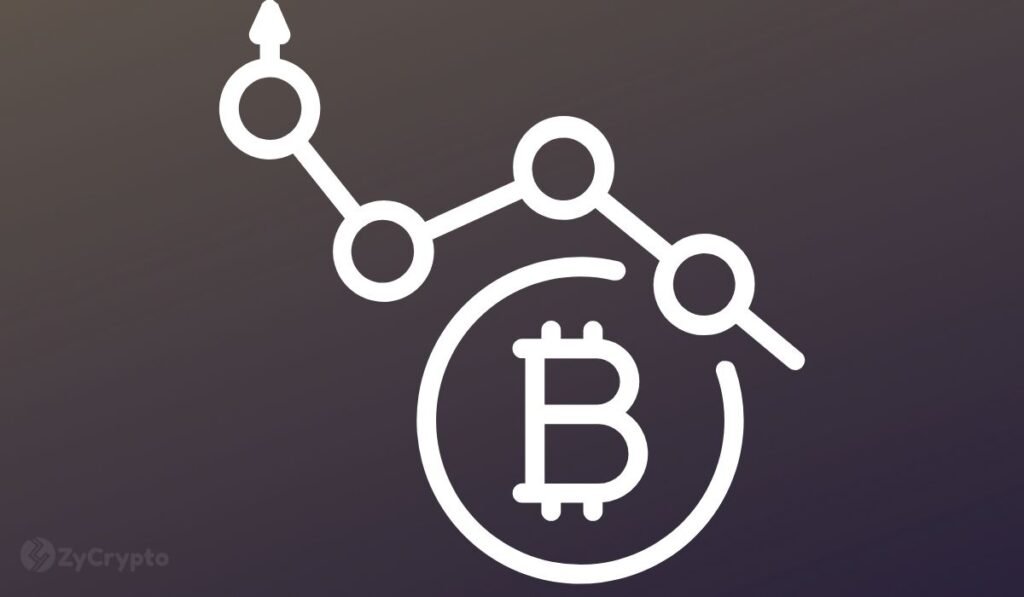The biggest bitcoin-holding company, MicroStrategy (MSTR), announced plans to create a decentralized identification service with Ordinals inscriptions. Earlier in the year, the software consulting firm started marketing itself as a “bitcoin development company” and claimed to be working on financial markets, advocacy, and innovation to develop the Bitcoin network. The implementation of “MicroStrategy Orange,” as it has been dubbed, is an indication that the business is pursuing this goal.

MicroStrategy Orange’s founder, Michael Saylor, stated during the company’s Bitcoin For Corporations conference on Wednesday that the company aims to use the Bitcoin blockchain to provide “trustless, tamper-proof, and long-lived” decentralized identities. Pseudonymity is made possible by the service’s ability to issue decentralized identifiers (DIDs). DIDs and bitcoin transactions are unrelated to one other, just as they are not.
Orange makes use of the Ordinals Protocol in Bitcoin, which enables data to be exchanged and saved on individual satoshis. Using its service, MicroStrategy has already developed one application, “Orange For Outlook,” which incorporates digital signatures into emails so that recipients can confirm the sender’s identity. With 214,400 BTC ($10 billion) in possession, MicroStrategy has more than 1% of every bitcoin that will ever be created.
An explanation of MicroStrategy’s identity system based on Bitcoin
This has the ability to completely transform online verification procedures and drastically reduce online fraud.
Three primary parts make up MicroStrategy Orange: Orange Service, Orange SDK, and Orange Applications. Orange Service connects with apps and enables users to provide DIDs to their staff. Users can customize configurations for computers and mobile devices with Orange SDK and Orange Applications.
Applications such as “Orange For Outlook” are part of the system; they enable the incorporation of digital signatures into emails in order to authenticate the sender. Secure communication is encouraged and identity theft is less likely thanks to this program and other system features.

MicroStrategy plans to use the Orange suite across a number of platforms, including e-commerce, enterprise, social media, messaging services, and fintech. Increased user engagement, simplified transactions, increased operational effectiveness, and enhanced decision-making could result from this.
The company’s balance sheet might be stronger than it looks, despite reported losses for the first quarter, because of its well-timed Bitcoin investment. This investment could counteract short-term losses and possibly have a favorable financial impact given the recent bullish trend in the Bitcoin market.



